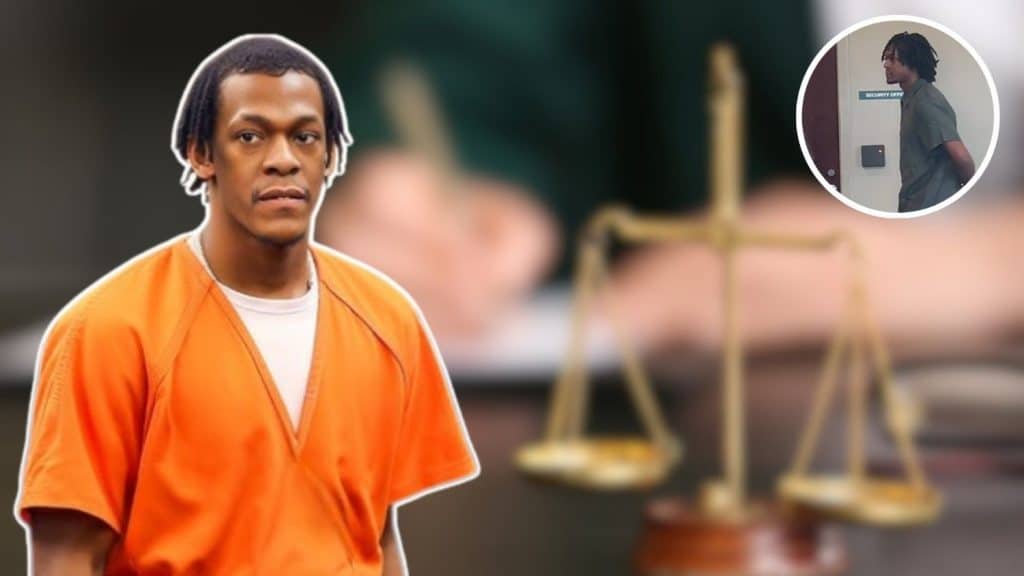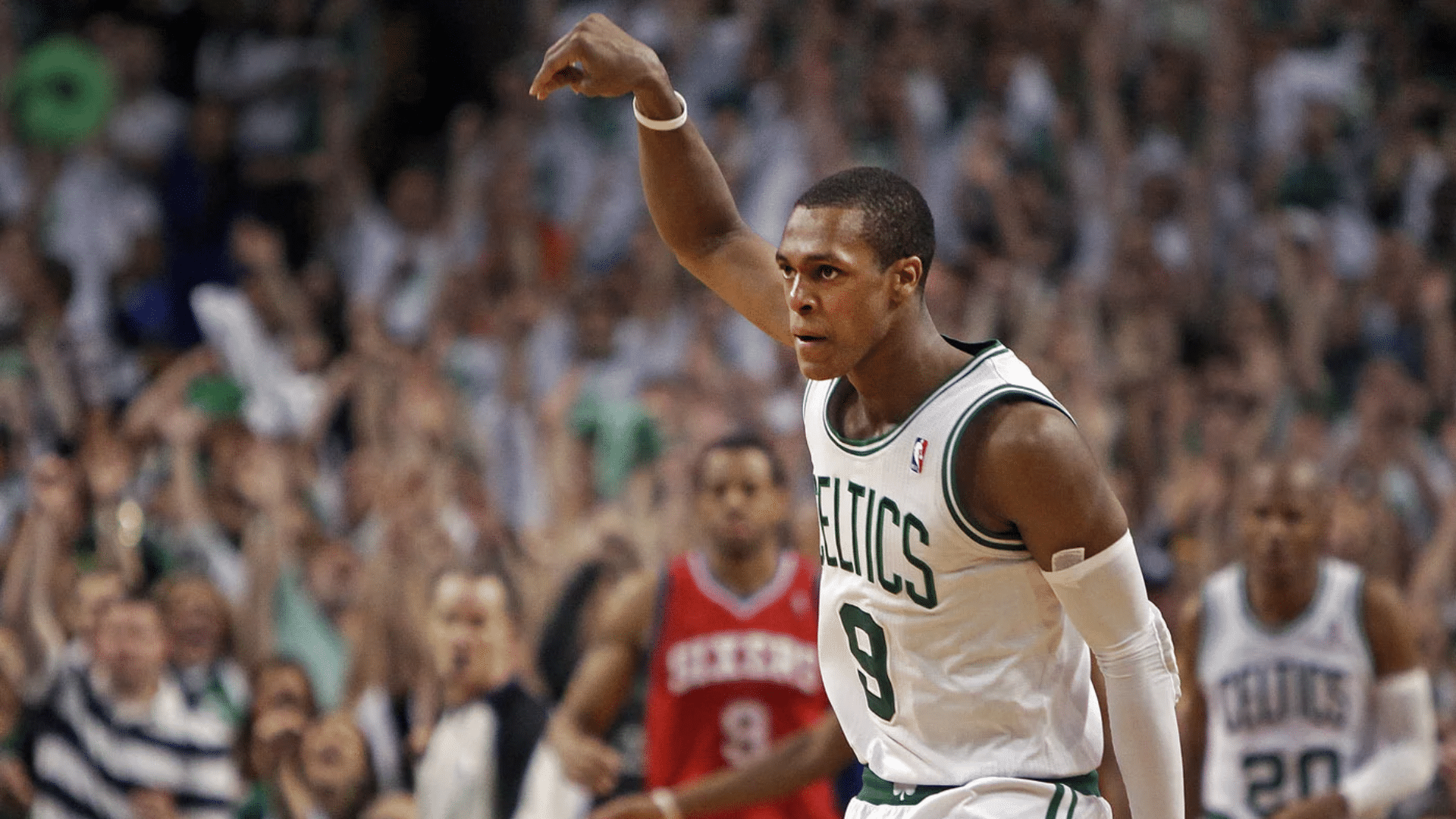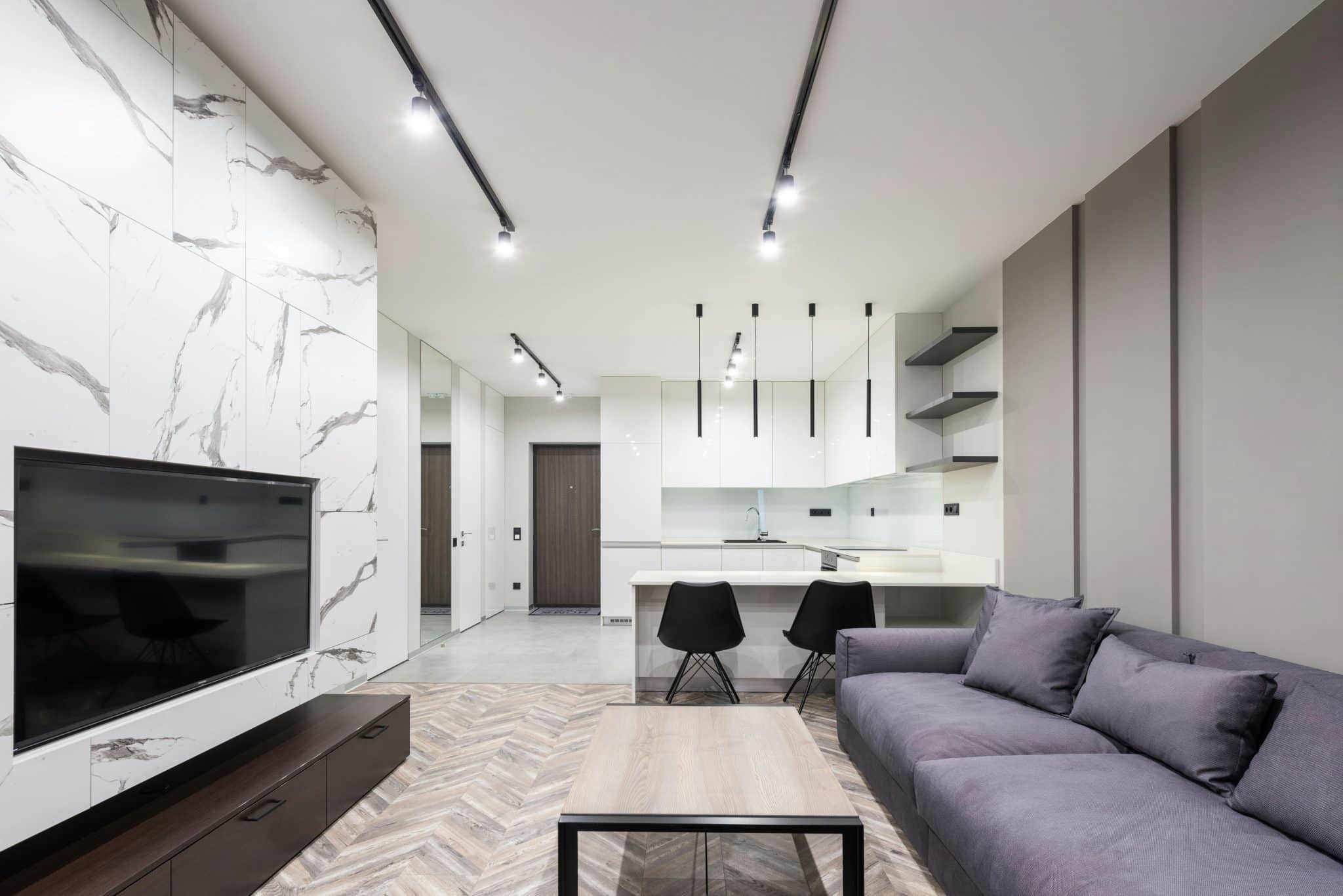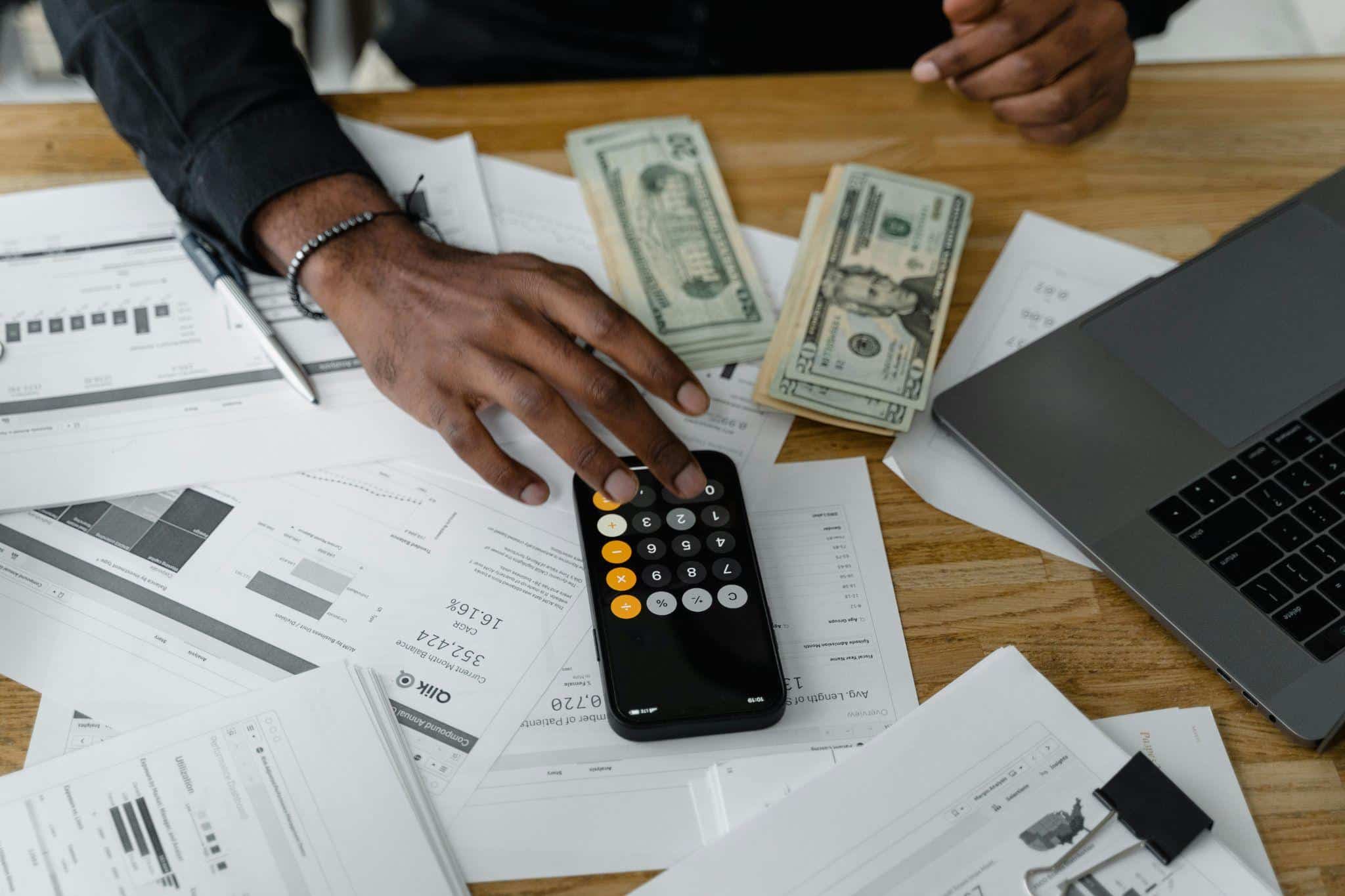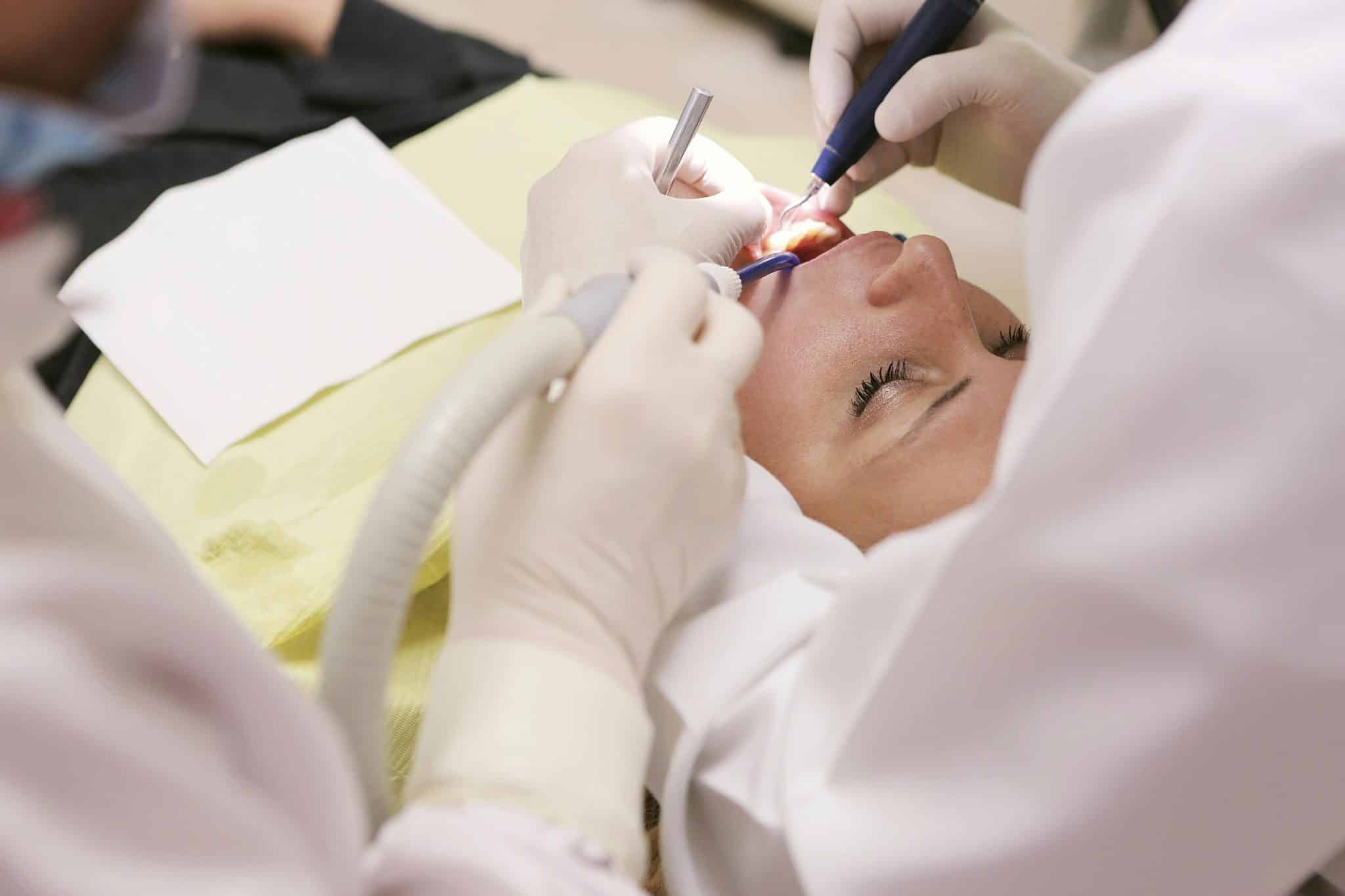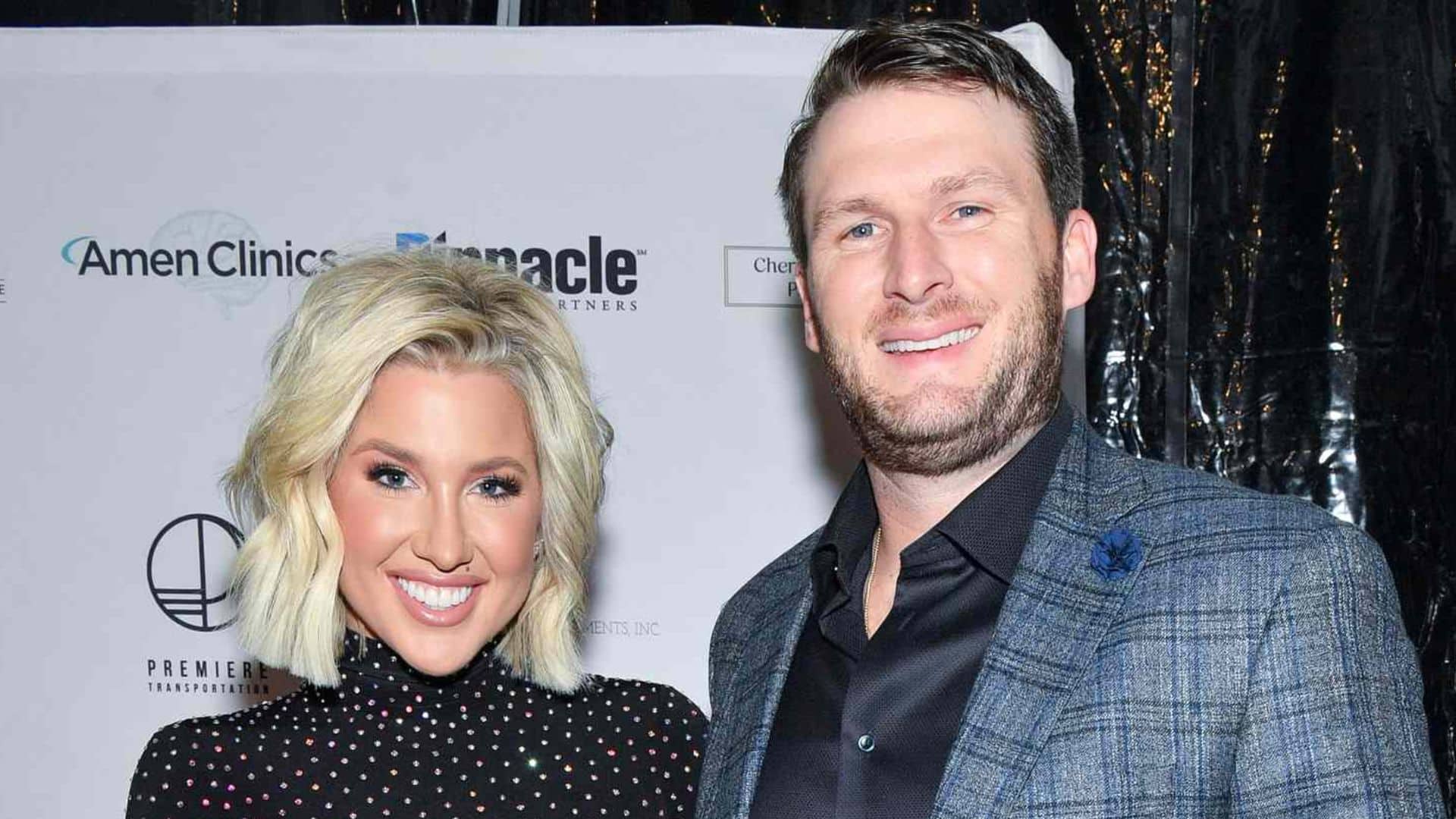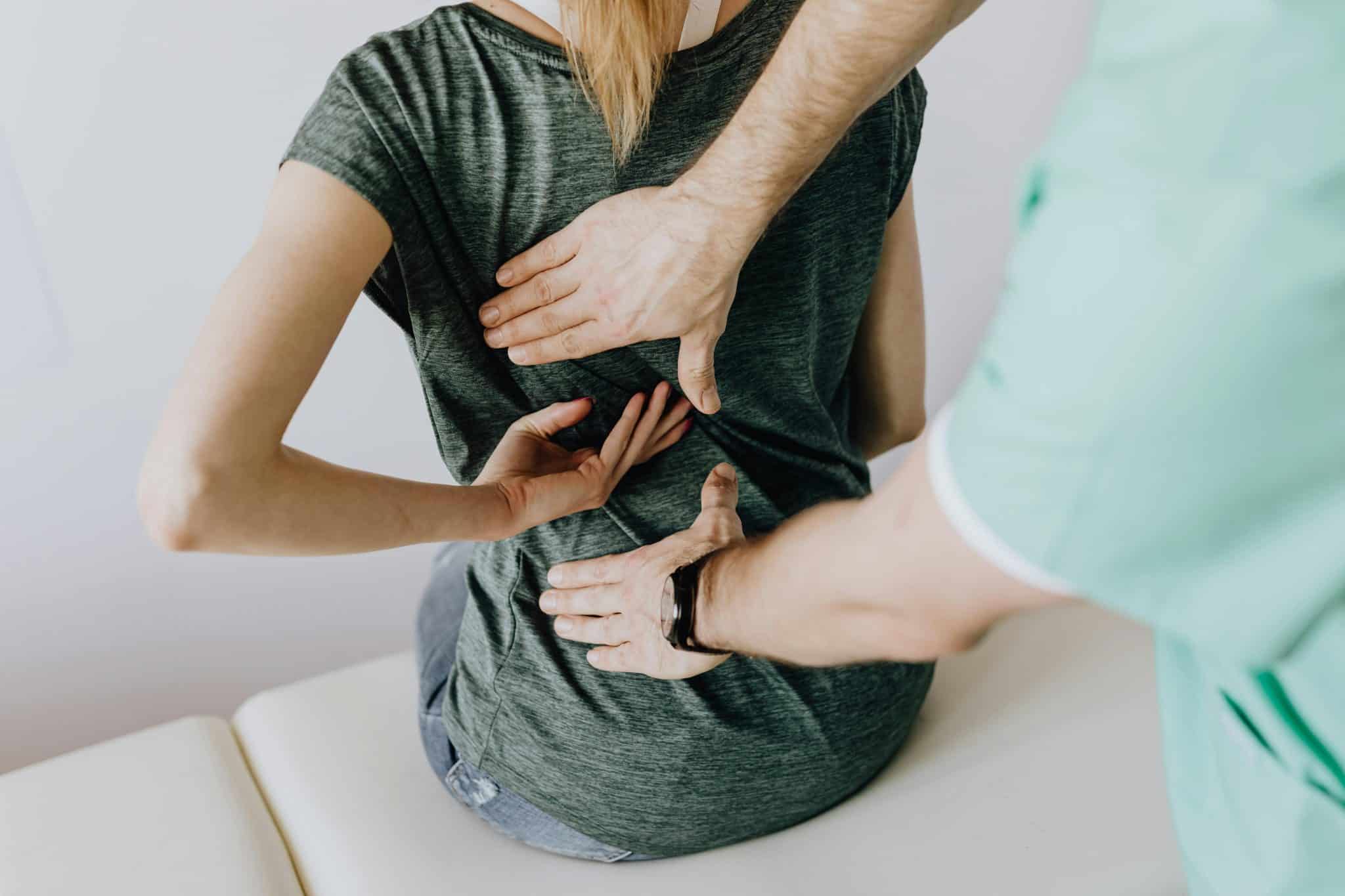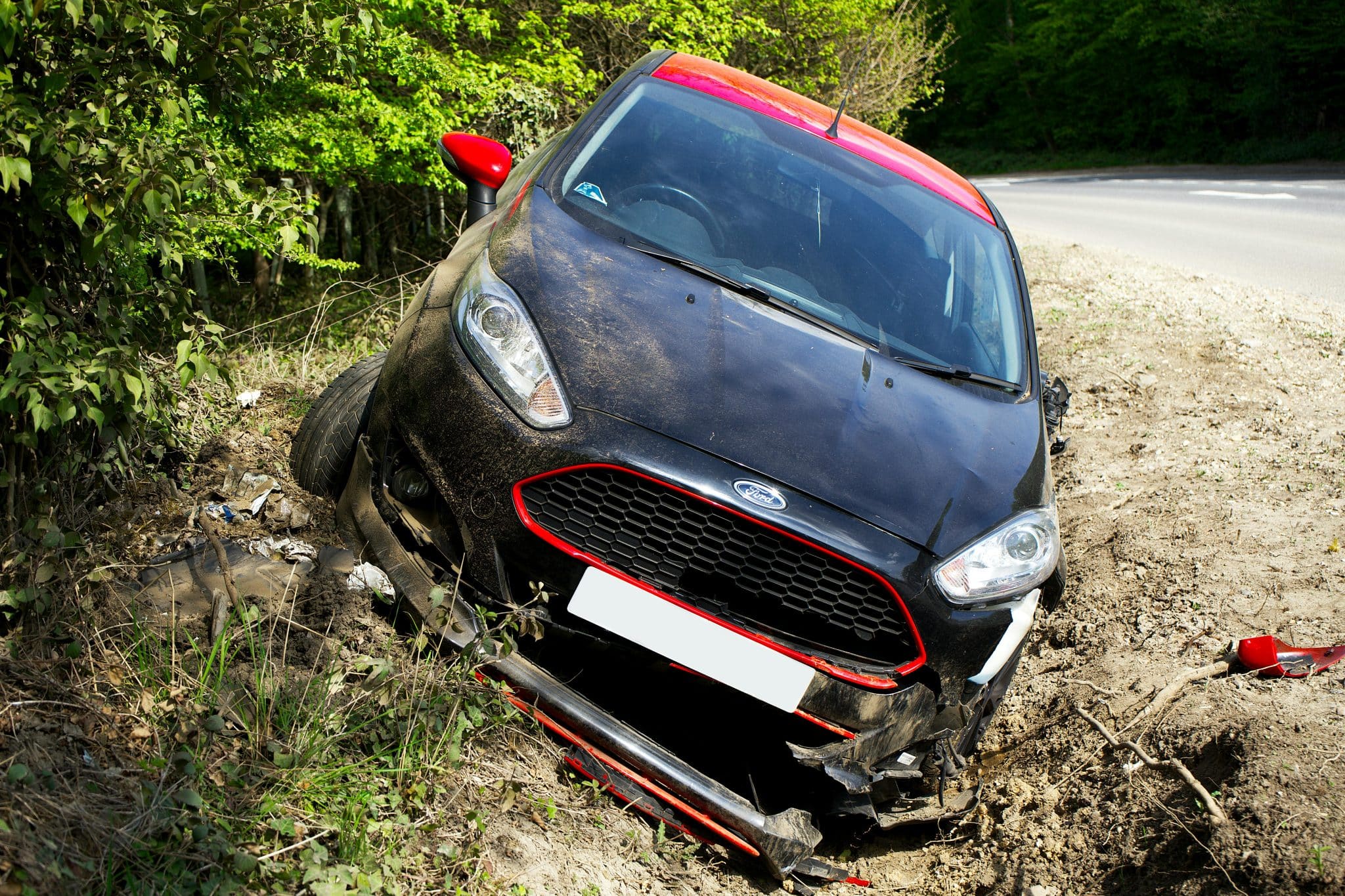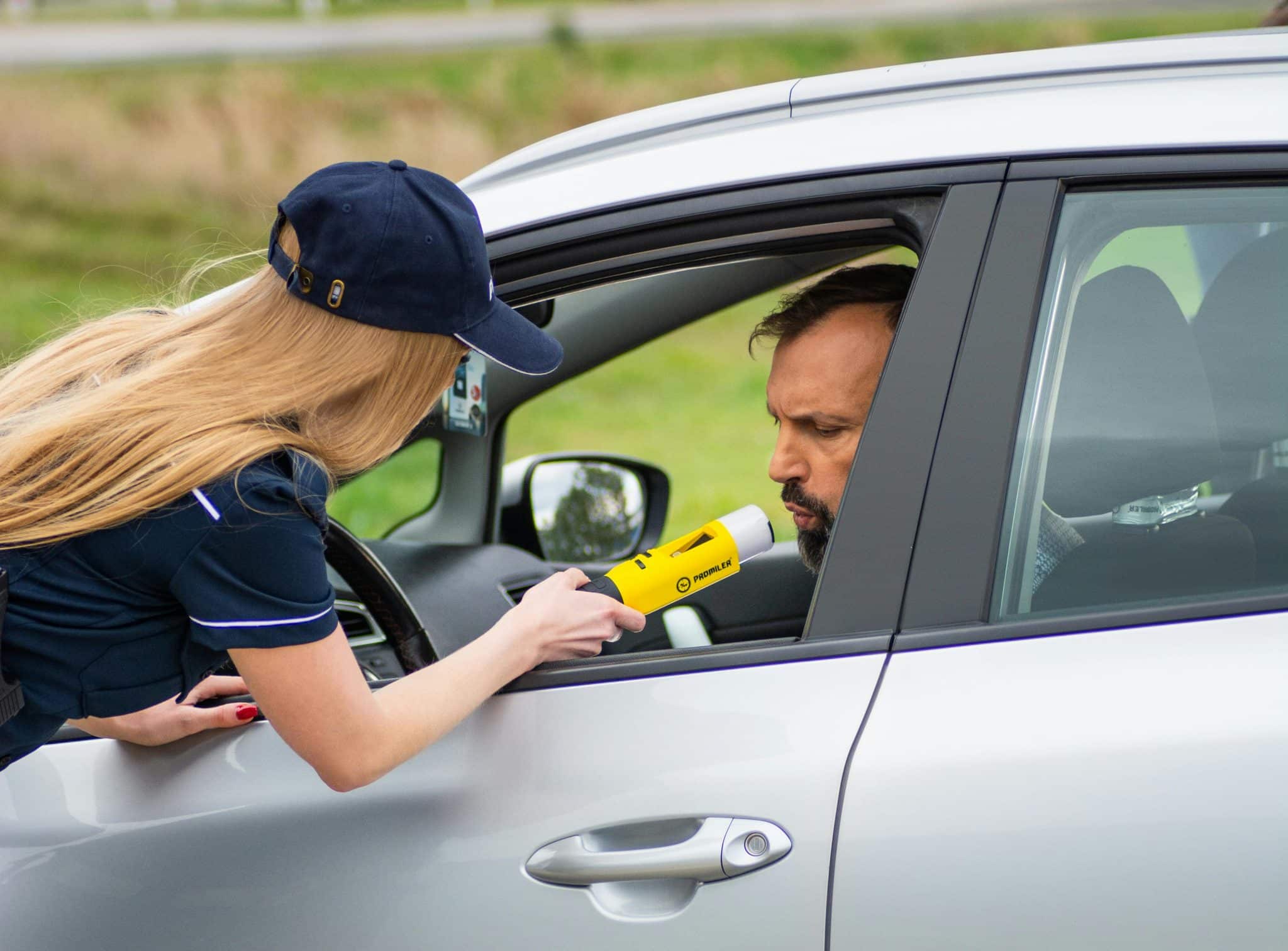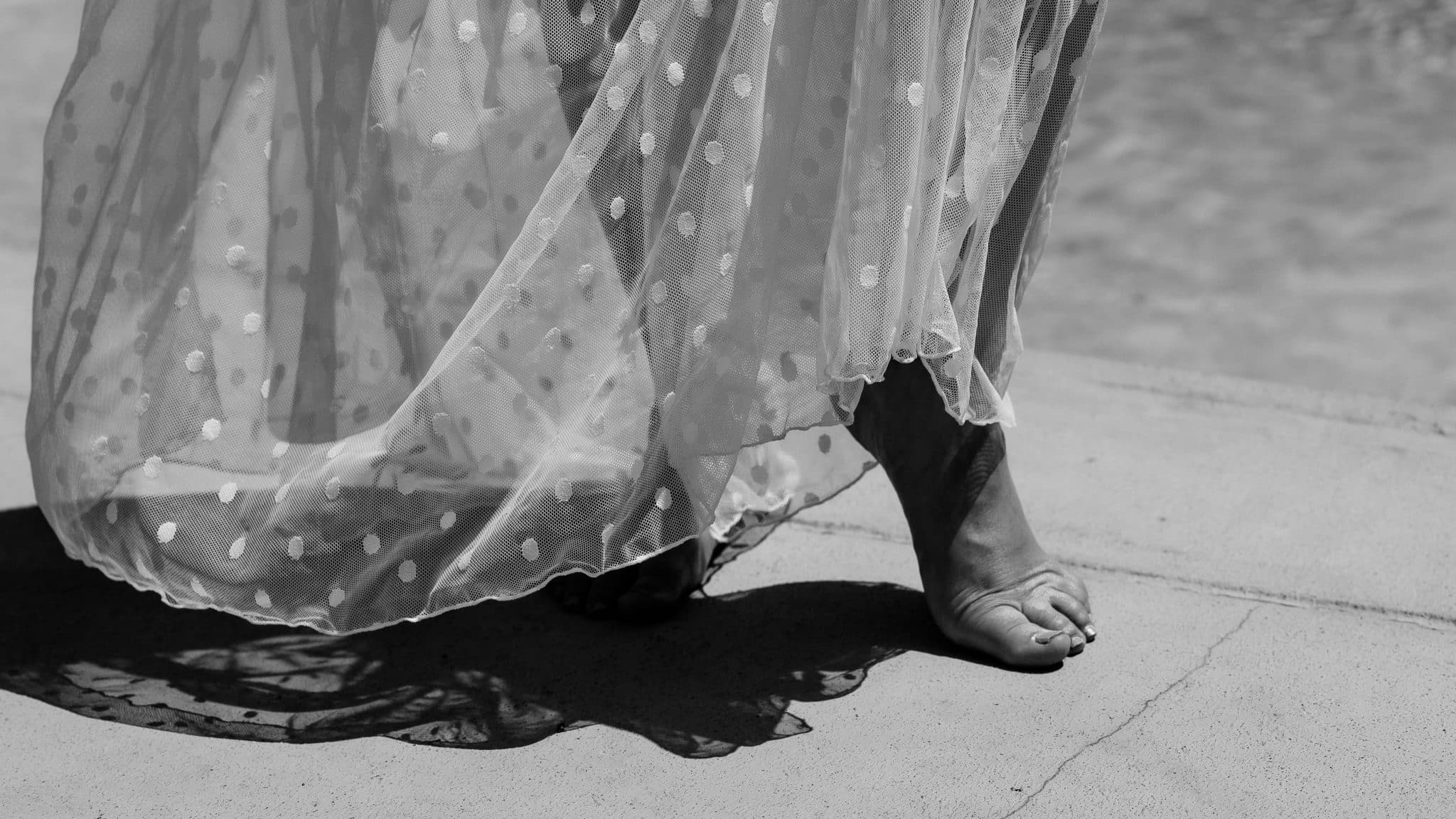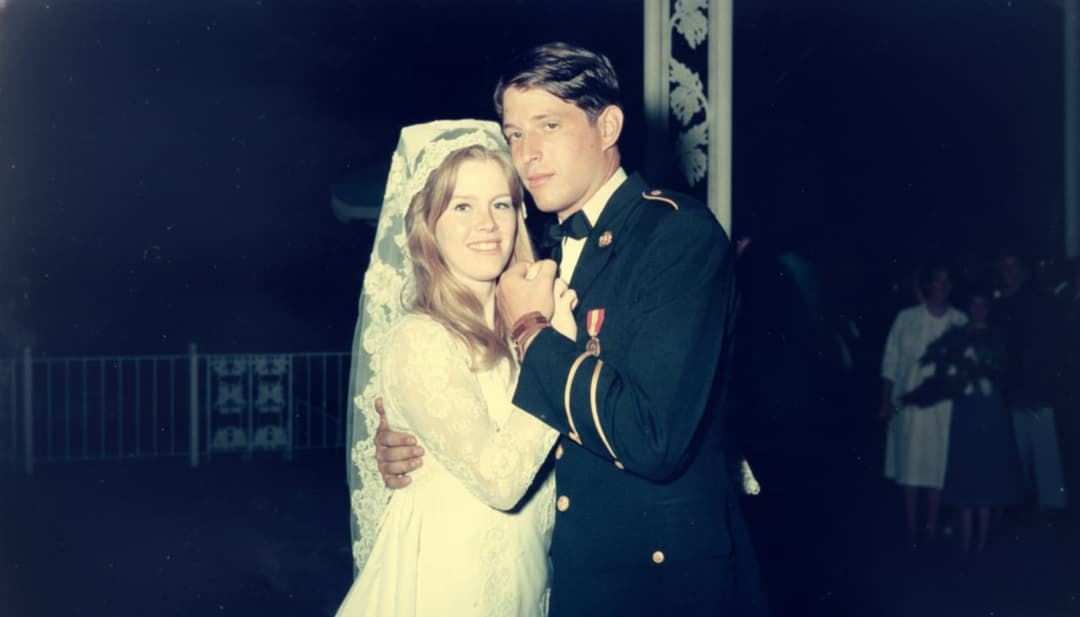Rondo’s legal troubles began on January 28, 2024, in Jackson County, Indiana. Police received multiple calls about reckless driving on Interstate 65. A black Tesla was speeding over 100 mph and weaving through traffic.
State troopers spotted the vehicle and initiated a traffic stop. The driver turned out to be the former NBA star himself. What started as a speeding violation quickly became much more serious.
The arresting officer immediately smelled marijuana coming from the car. This gave police grounds to search the vehicle. They found several illegal items during their investigation.
The gun charge became the most serious issue. Rondo was carrying a loaded 9mm handgun with a bullet in the chamber. Police had to handcuff him for safety reasons during the arrest.
Here’s what made this case particularly serious: Rondo wasn’t legally allowed to possess firearms. He had an active protective order against him from 2022. This order specifically prohibited him from owning or carrying guns.
What Was the Gun Charge Against Rajon Rondo?
The firearm offense carried significant legal weight in Indiana. Rondo faced a misdemeanor charge of unlawful carrying of a handgun. This might sound minor, but the circumstances made it serious.
Details of the firearm offense:
- Loaded 9mm pistol found during vehicle search
- The bullet was chambered and ready to fire
- Rondo is prohibited from possessing weapons due to a protective order
- Additional drug paraphernalia and marijuana were discovered
The story went viral because of Rondo’s celebrity status. Fans couldn’t believe their basketball hero was in legal trouble. Sports media covered every court appearance and legal development.
His previous domestic violence incident from 2022 also resurfaced. A Louisville woman had filed for protection after Rondo allegedly threatened her with a gun. This history made the new gun charge even more concerning.
How Did Rajon Rondo Plead in Court?
Rondo initially entered a not guilty plea in January 2024. His legal team planned to fight the charges at trial.
The U.S. Supreme Court ruling in June 2024 changed everything. The court upheld federal laws preventing people with domestic violence orders from possessing firearms.
This decision weakened Rondo’s defense significantly. His lawyers realized a plea deal was the smarter choice.
Final plea change: On September 3, 2024, Rondo appeared in Jackson County court. He changed his plea from not guilty to guilty on the handgun charge. His defense team negotiated favorable terms with prosecutors.
Did Rajon Rondo Go to Jail? The Final Verdict
The court’s decision surprised many people following the case. Rondo avoided actual jail time despite his guilty plea. The judge accepted the negotiated plea agreement between both sides.
Jail time or an alternative sentence
Rondo received a 180-day jail sentence that was immediately suspended. This means he won’t serve time unless he violates probation terms. He was credited for two days already served after his arrest.
Instead of jail, Rondo got 180 days of probation. He must maintain employment and stay away from alcohol and drugs. He also has to pay court costs and probation fees.
Judge’s reasoning for the sentence
The judge considered several factors in the sentencing decision. Rondo had no prior criminal convictions despite his legal troubles. His cooperation with authorities and guilty plea showed accountability.
The plea deal also dismissed the marijuana and drug paraphernalia charges. Prosecutors dropped these in exchange for his guilty plea on the gun charge. This saved time and court resources for everyone involved.
Court records show Rondo paid $189 in court costs. He left the courthouse as a free man that same day. His legal troubles were officially resolved without jail time.
Conclusion
Rajon Rondo’s arrest, plea, and verdict tell a complete story of legal accountability. What began as reckless driving turned into serious gun charges in Indiana. His celebrity status couldn’t protect him from facing consequences.
The former NBA star ultimately avoided jail through a negotiated plea deal. He traded his not guilty plea for probation and court costs. This outcome satisfied both prosecutors and his defense team.
The key takeaway is clear: fame doesn’t place anyone above the law. Rondo faced the same legal process as any other citizen. His willingness to accept responsibility helped him avoid actual jail time, but his actions still carried real consequences.
What do you think about celebrities facing legal consequences? Share your thoughts in the comments below and let us know if you believe Rondo’s sentence was fair.

